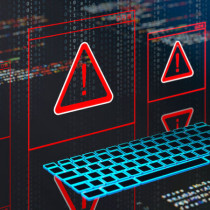BMW Unveils Concept 7 Series ActiveHybrid
The typical hybrid vehicle is a car that would have been considered an economy car even before the hybrid technology was added. The Toyota Prius is the best example of a hybrid vehicle available today.
Some drivers want a hybrid, but don’t want to own a small and not-so-luxurious car like the Prius. For this type of more affluent buyer, many luxury carmakers are starting to add hybrid vehicles to the fleet of available vehicles.



































































